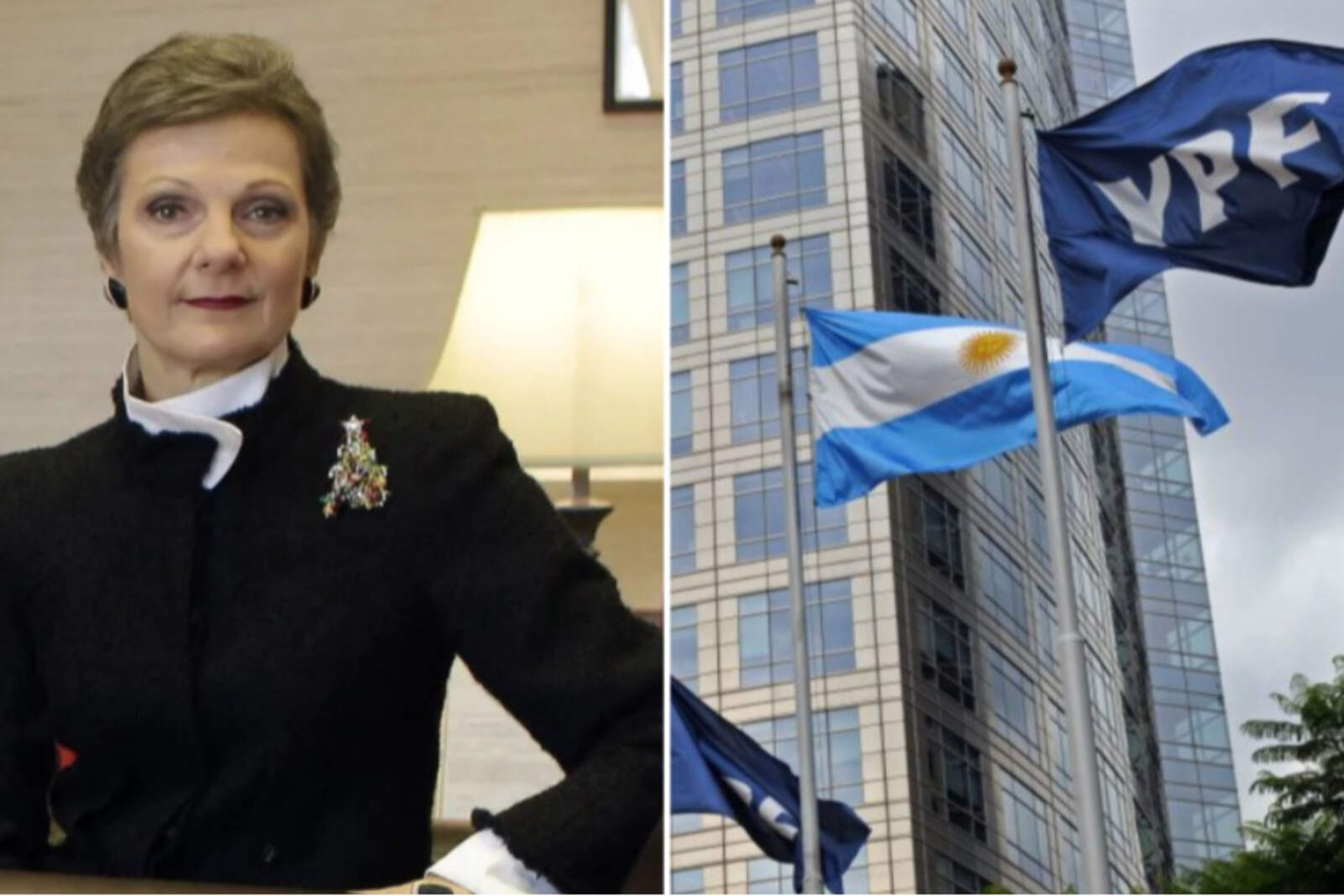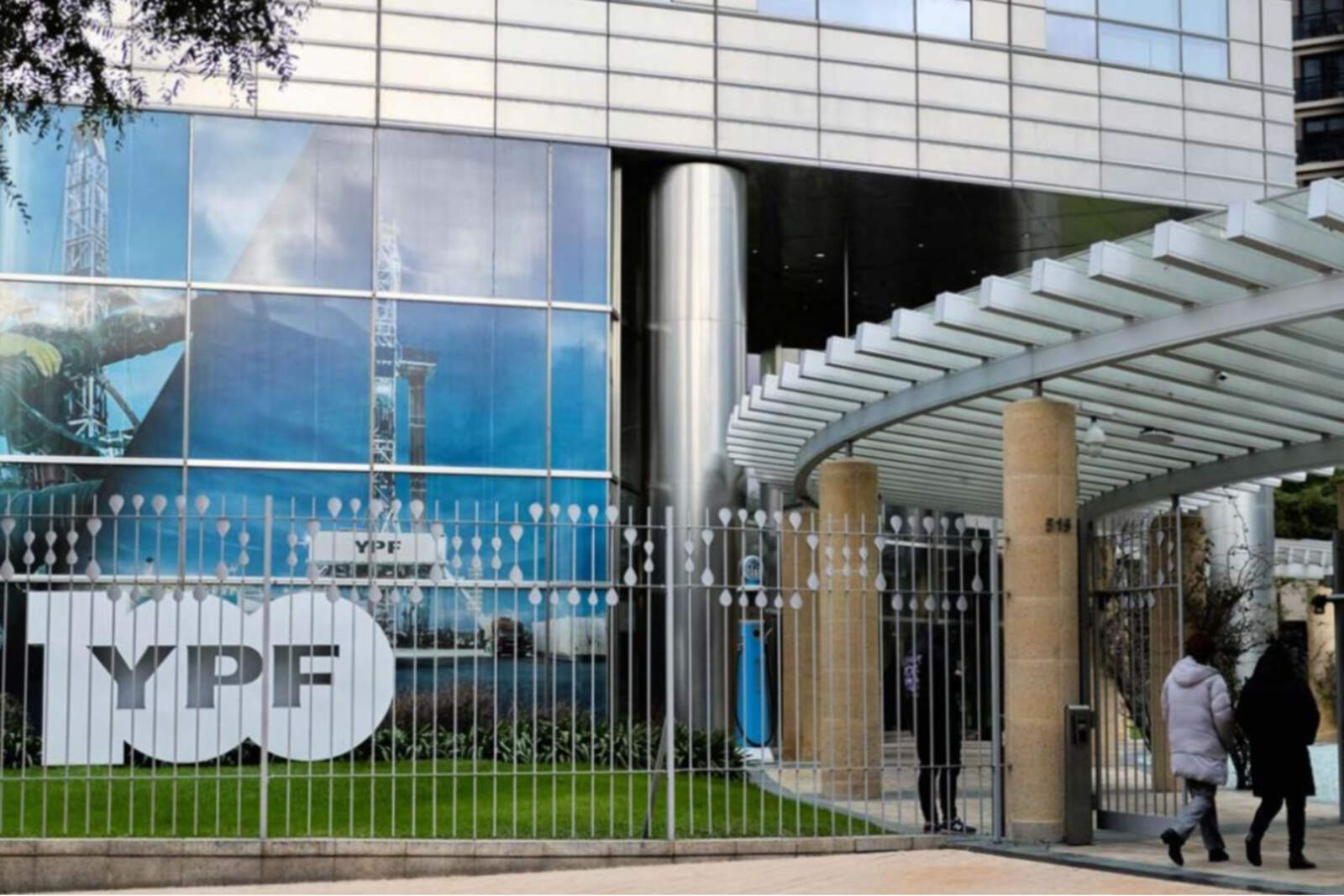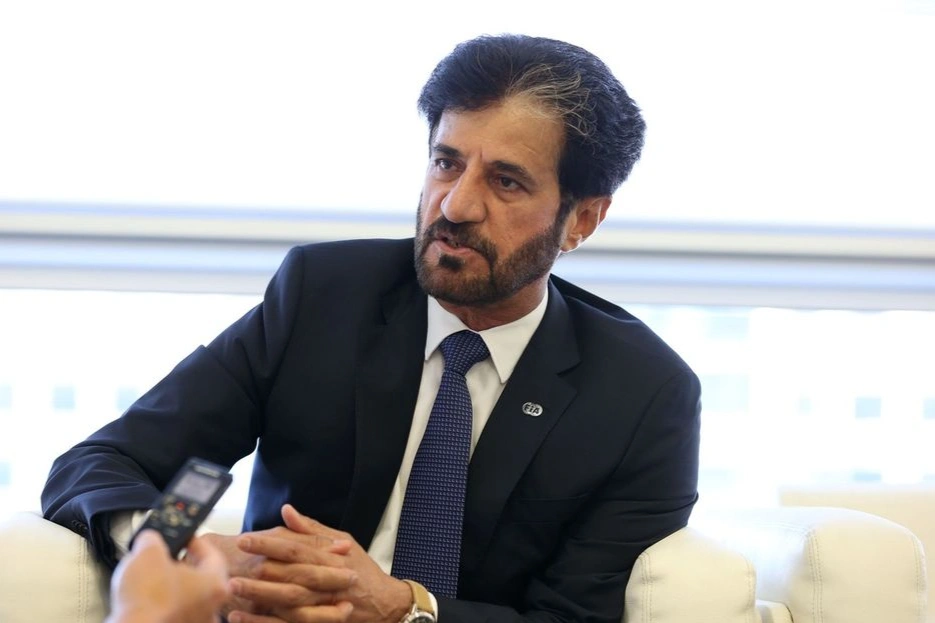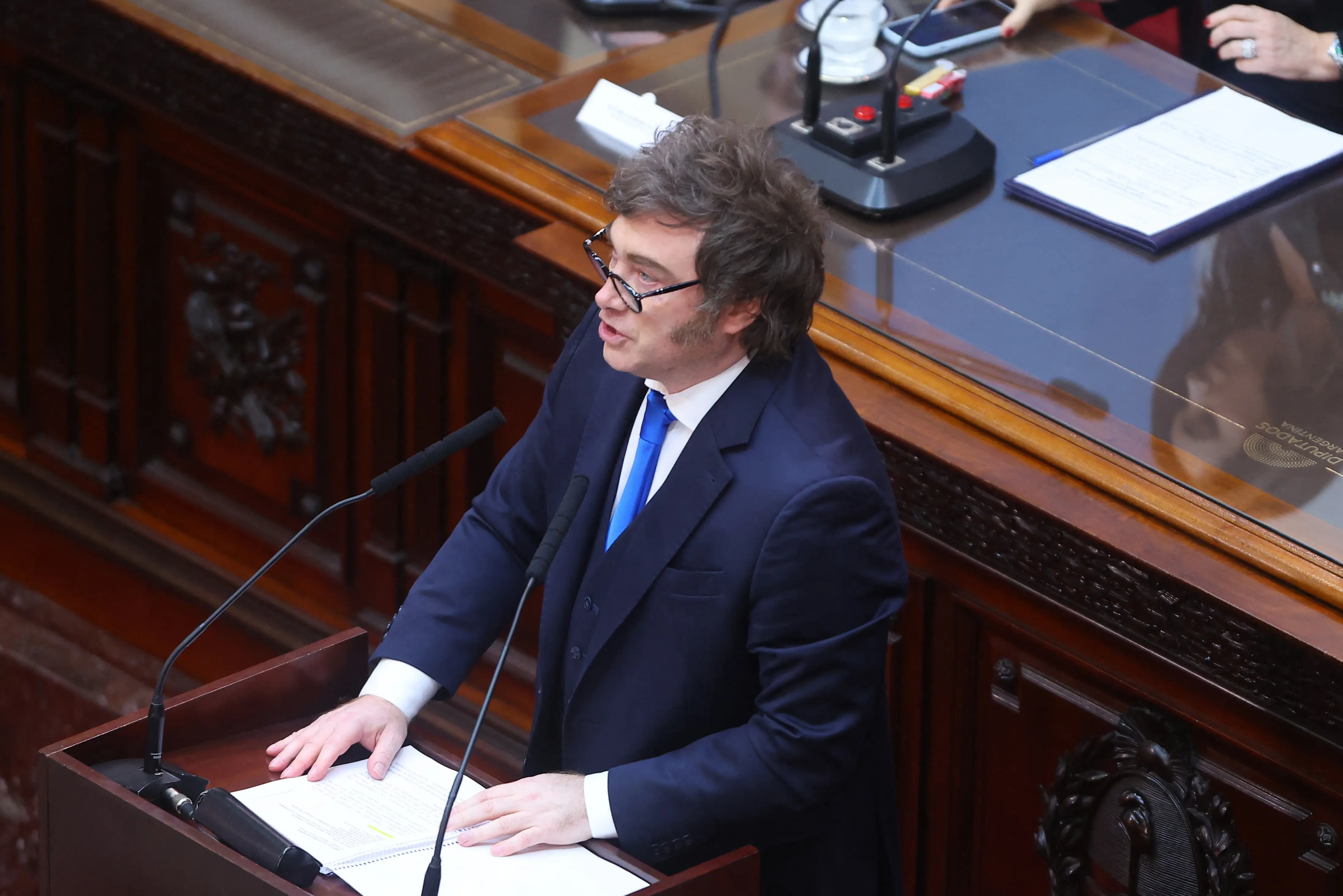The United States Court of Appeals for the Second Circuit in New York is about to issue a key ruling for the future of YPF and the Argentine State.
The court will decide whether the country must hand over the 51% of shares it holds in the oil company—or present another guarantee—while the appeal continues against the ruling that ordered it to pay USD 16 billion (now already more than USD 18 billion with interest) for the 2012 expropriation.
The origin of the conflict
The case dates back to the nationalization of YPF during Cristina Kirchner's administration. Federal Judge Loretta Preska determined in the first instance that Argentina had to compensate the shareholders for the way the expropriation was carried out. The ruling was appealed and the final hearing is scheduled for the end of October, after the legislative elections.

Meanwhile, the fund Burford Capital, which bought the litigation rights, is pushing for the ruling to be enforced and seeks to prove that the State and YPF act as an "alter ego", which would open the door to seizures of other Argentine assets abroad. Burford is demanding not only the delivery of the shares, but also access to emails, chats, and documents from former officials such as Luis Caputo and Sergio Massa.
The measure at stake: the "turnover"
Preska has already ordered the "turnover" of the shares, that is, their transfer to Burford. Argentina requested a "stay" (suspension) until the appeal is solved, something that could be decided in September.









